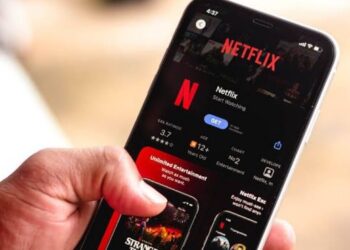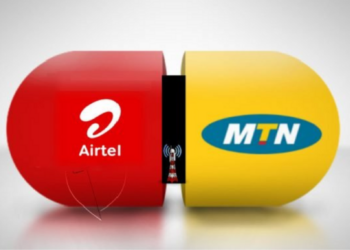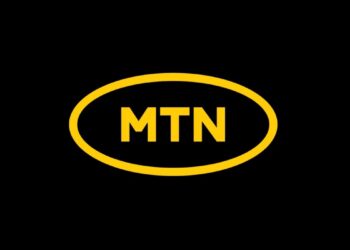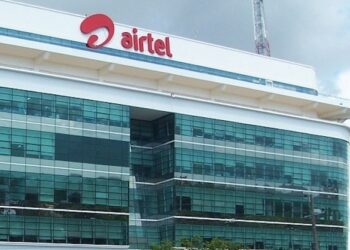The Nigerian Communications Commission (NCC) has come under heavy criticism from stakeholders in the Nigerian telecom sector over the recent internet subscription price increment announced by Elon Musk’s Starlink.
The criticism is coming against the backdrop of the regulator’s unyielding stance on the clamor for an increase in tariffs by local telecom operators, which has lasted for over two years, whereas, Starlink, an internet service provider that entered the market officially in January 2023, was allowed to increase its price by almost 100%.
According to stakeholders, who spoke with Nairametrics, this amounts to a double standard on the part of the NCC.
What they are saying
For the stakeholders, the implementation of subscription price by Starlink in Nigeria under the watch of NCC is an affront to local operators, who continue to invest all their resources in the country to expand telecom service but are not permitted to review their prices despite the rising costs of operation.
The CEO of one of the ISPs in Nigeria, who spoke under the condition of anonymity, said:
“Starlink only beams its satellite in Nigeria and acquired an ISP licence from the NCC to offer its service in the country. It currently has zero investment in the country.
“Many of us started since the liberalization of the telecom sector, putting in all our resources to deploy more infrastructure to get more Nigerians connected despite the various challenges in the operating environment.
“We have been appealing to the Commission to allow us to implement a tariff review for years now, but it said it had to carry out a cost-based study before any decision could be made. We are still waiting for the result of that study. Now, allowing Starlink to implement price increase in the same market shows the regulator’s double standard.”
A top official in one of Nigeria’s mobile network operators (MNOs) shared the same sentiment saying that telecom regulator has not been fair to the local operators because it has not allowed them to review their tariffs despite the rising costs of operations.
“Why is the NCC not applying the same rule through which it has prevented local operators from reviewing their tariffs to Starlink? How can we trust the NCC as an unbiased umpire in the industry when it closes its eyes to infractions coming from certain quarters? He queried.
What the law says
Section 108 of the Nigerian Communications Act 2003 (NCA) gives NCC the authority to regulate telecom tariffs. The Act stipulates that no NCC licensee can charge for services until the NCC approves the tariff rates and charges.
“Holders of individual licences shall not impose any tariff or charges for the provision of any service until the Commission has approved such tariff rates and charges except as otherwise provided in this Part,” the Act stated.
While it is unclear yet if the NCC approved Starlink’s price increment, the telecom regulator, riding on the provisions of the NCA, has prevented local operators from increasing their tariffs even as their operating expenses continue to skyrocket on the back of a galloping inflation and forex crisis in the country.
The Commission’s Director of Public Affairs, Dr. Reuben Muoka, neither answered his calls nor respond to a text message sent to him seeking clarification on why Starlink was allowed to increase its subscription.
Backstory
Starlink last week increased monthly subscription for its internet service in Nigeria by 97% from N38,000 to N75,000.
- For new users, the company also increased the Starlink kits (hardware) by 34% from N440,000 to N590,000.
- The company in a message to its customers in Nigeria cited “excessive inflation” as the reason for the increment.
- Meanwhile, telecom operators in the country under the aegis of the Association of Licensed Telecommunications Operators of Nigeria (ALTON) and the Association of Telecommunications Companies of Nigeria (ATCON) have been clamoring for tariff review.
- According to them, the telecom industry is the only industry that has not reviewed its prices despite the rising inflation in the country and other economic realities that warrant increment.
- They blamed this on the regulatory restraints from the NCC, which have been preventing them from pricing appropriately.
- In response to the operators’ claims at a recent forum, the Minister of Communications Innovations and Digital Economy, Dr. Bosun Tijani, told them that increasing data, voice, and text message prices is not the “sole or optimal solution” to the sector’s challenges.
- He urged the operators to explore innovative solutions to counter inflationary pressures and high operating costs.























